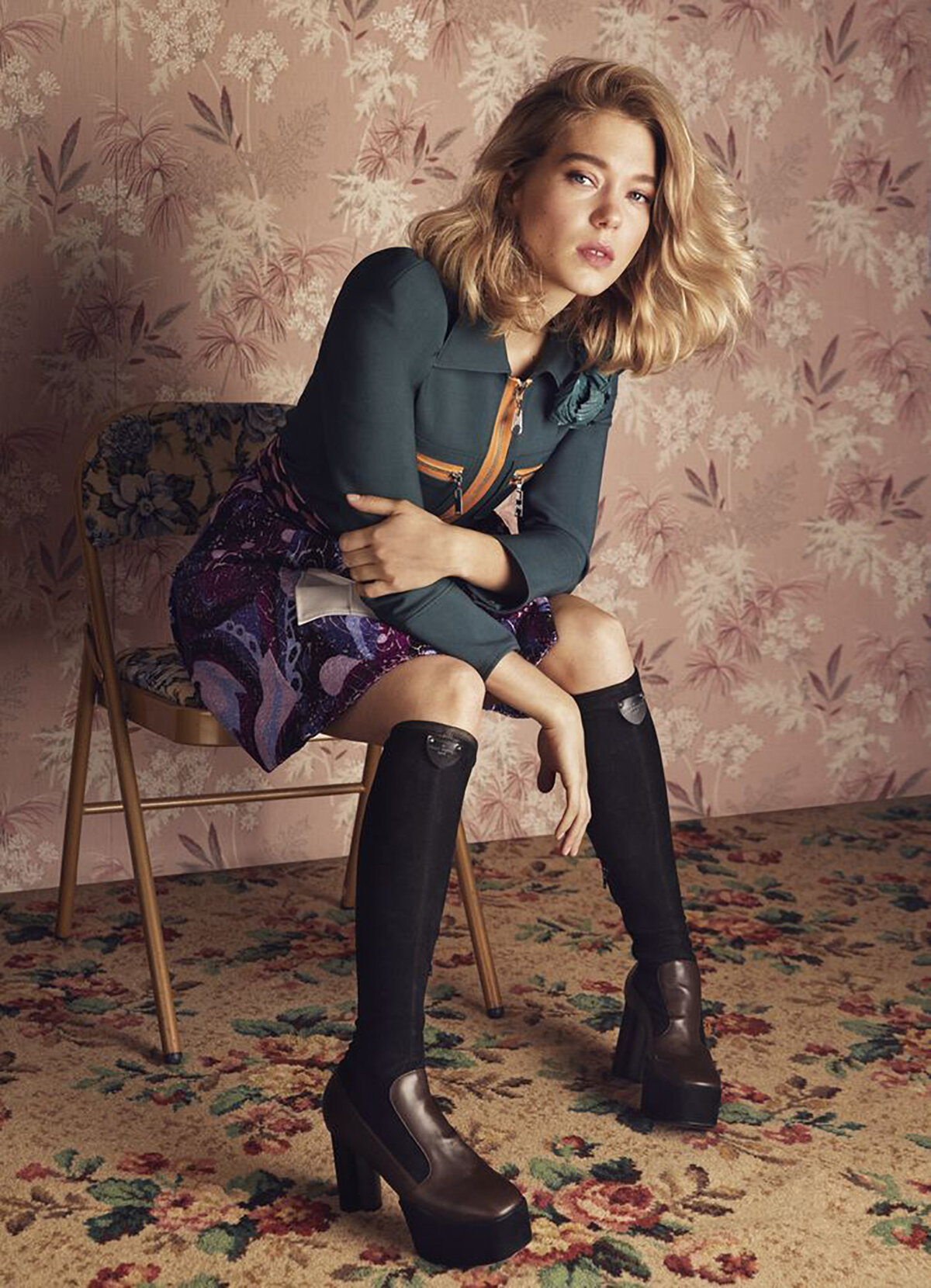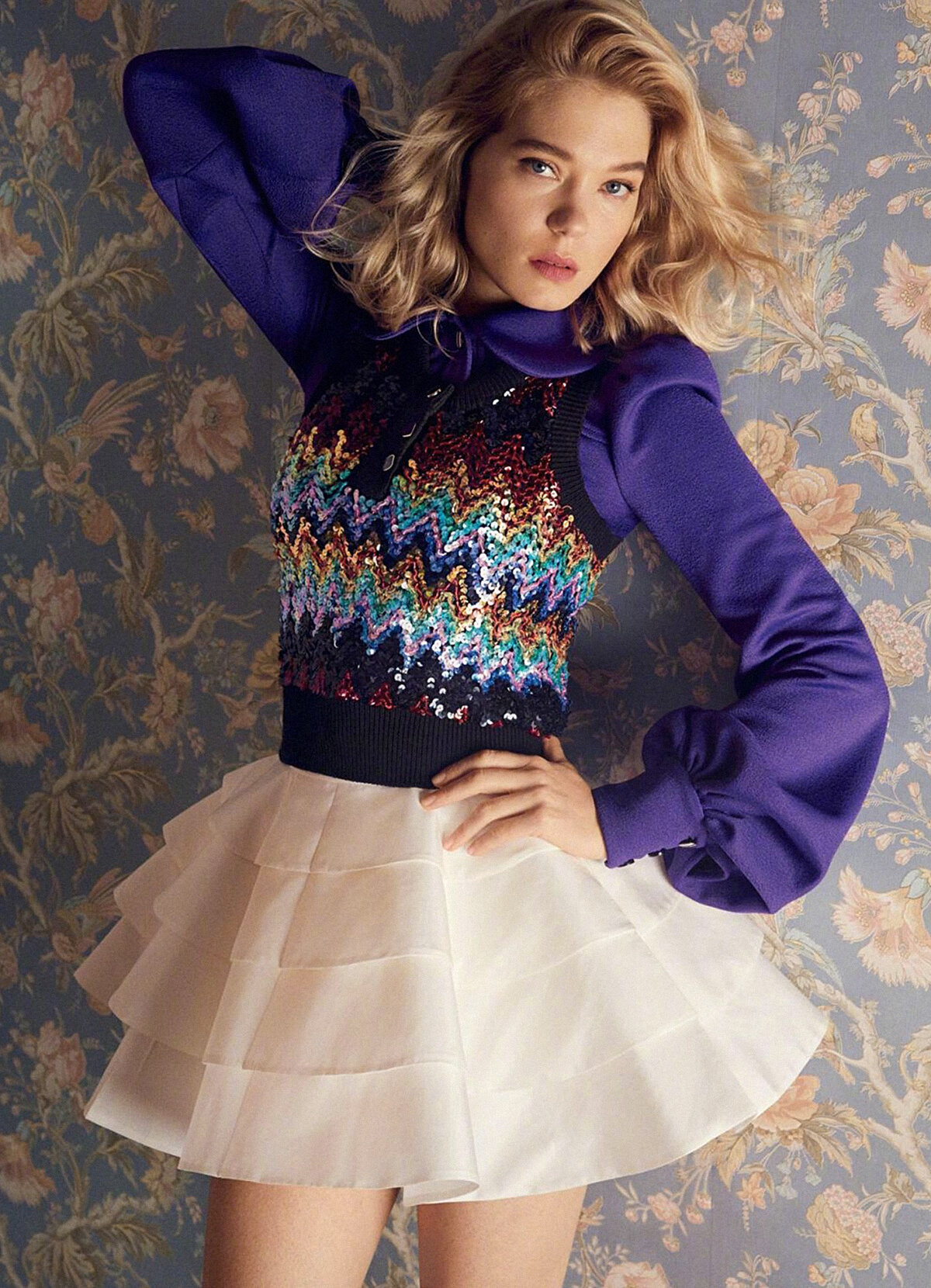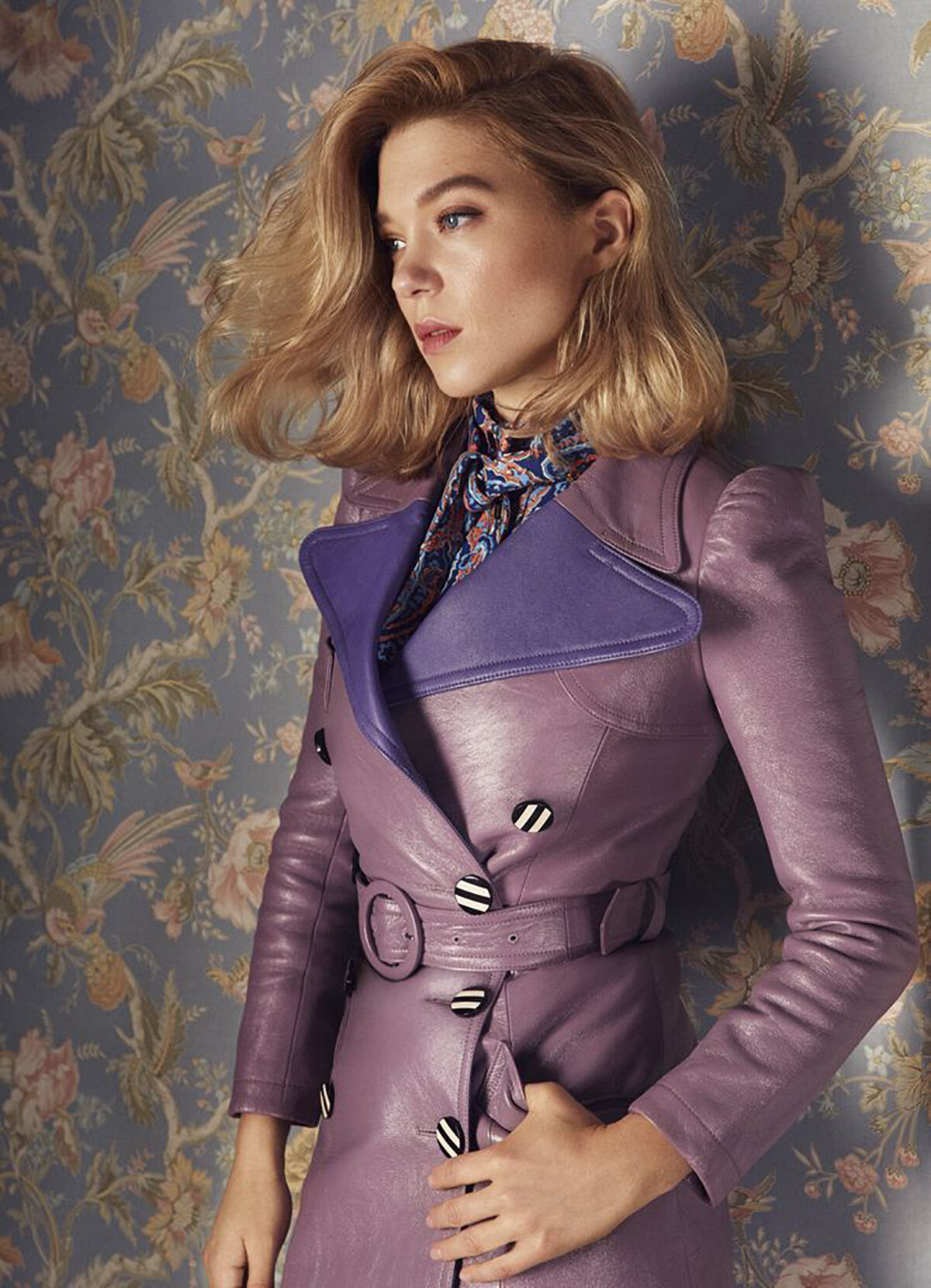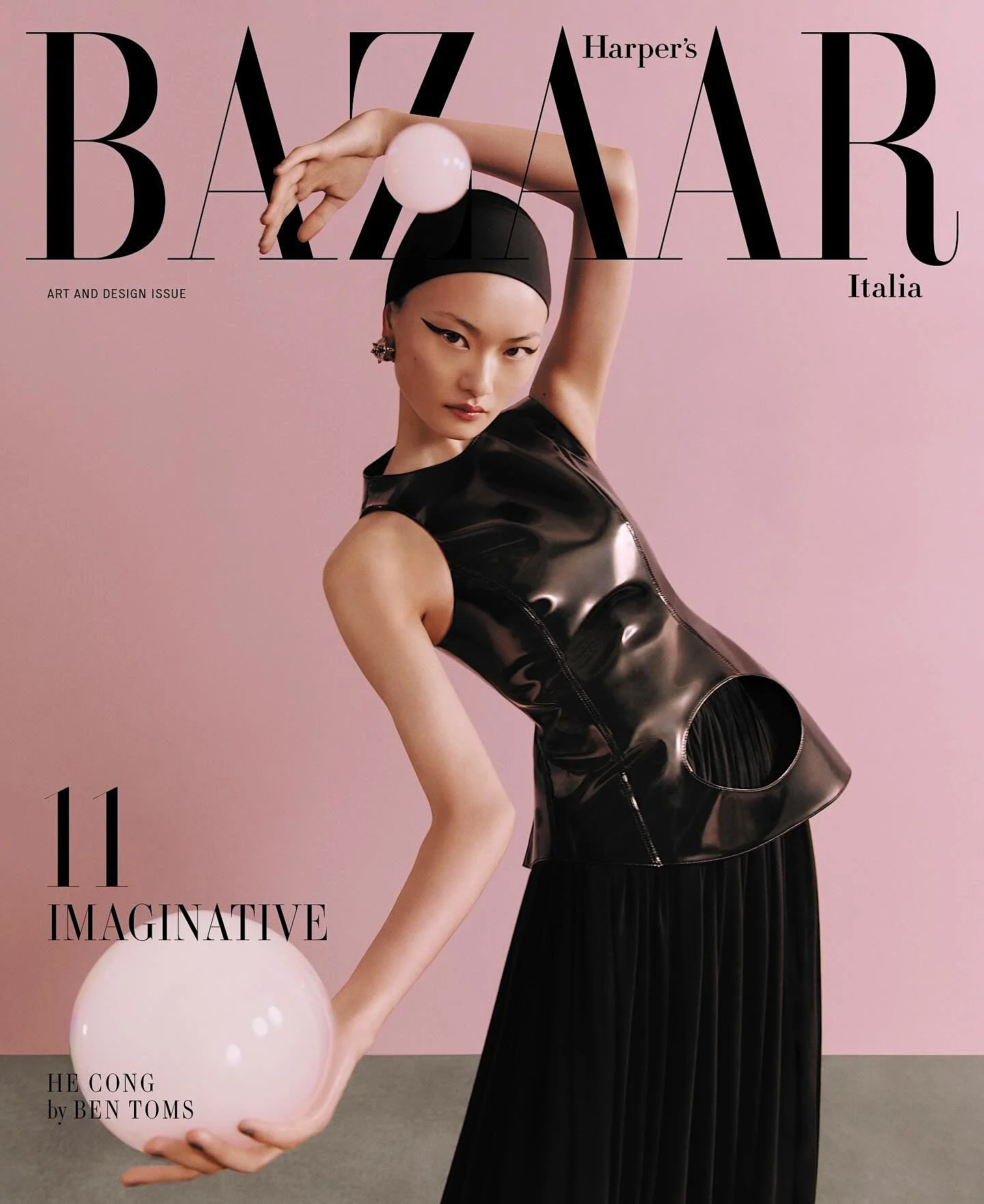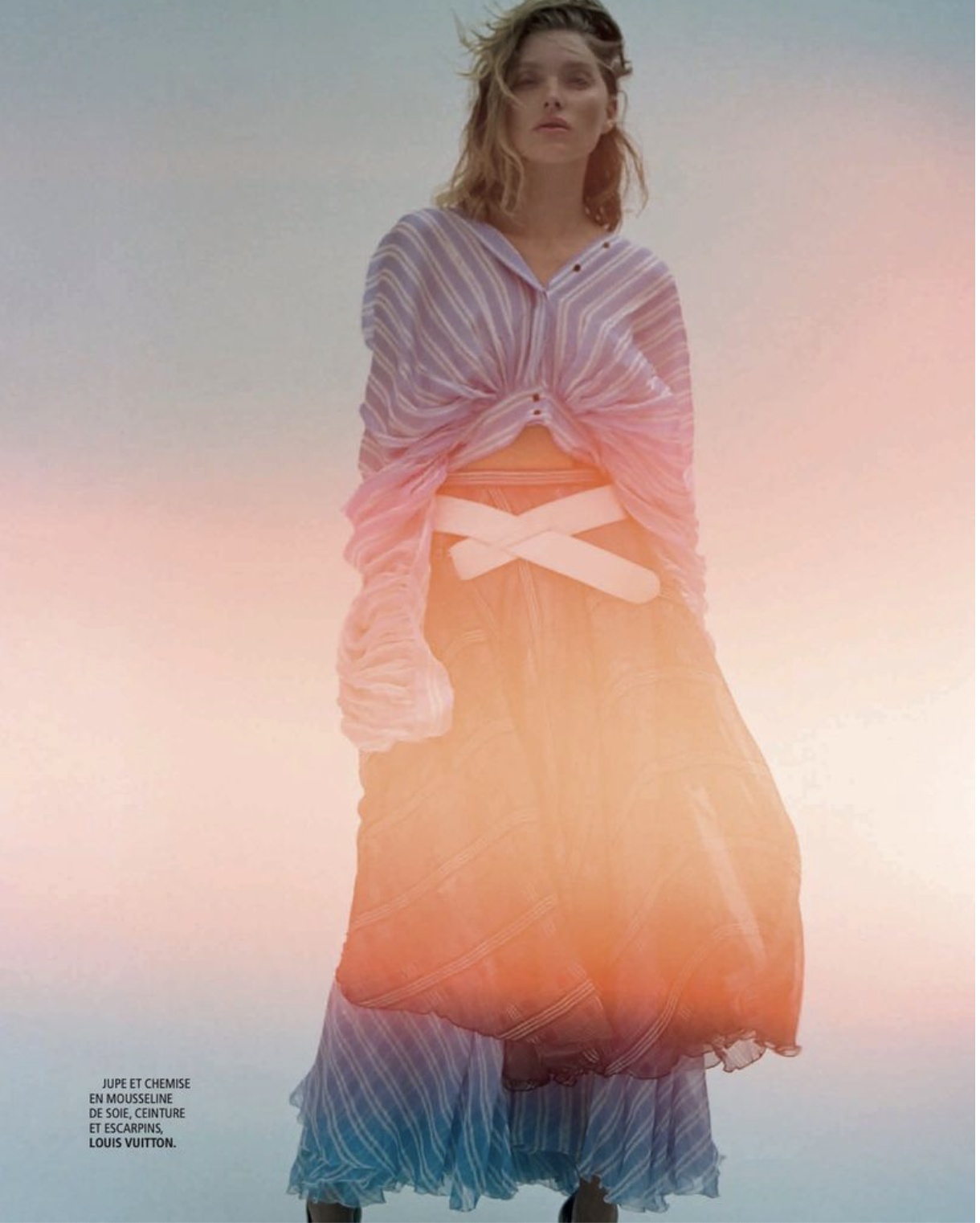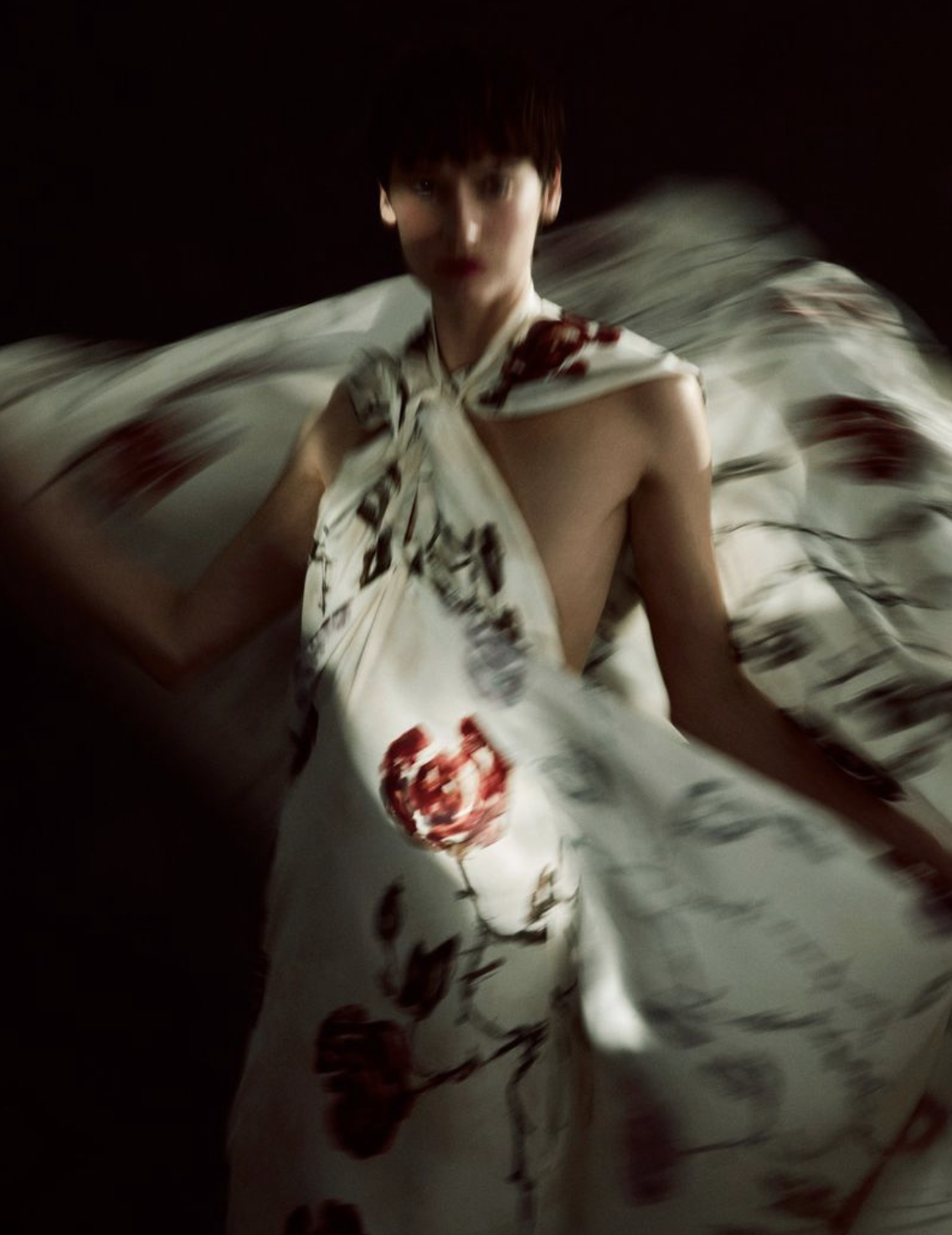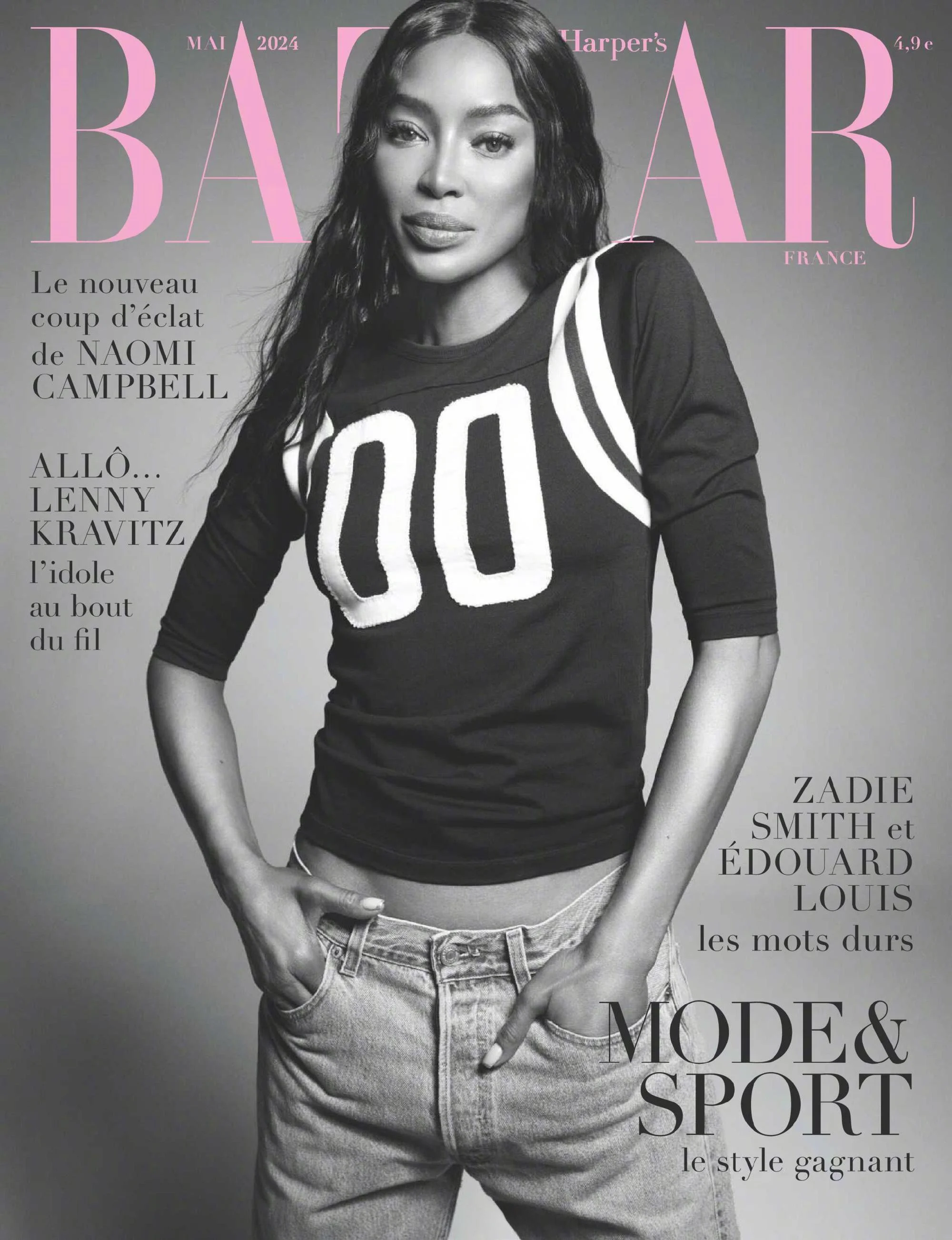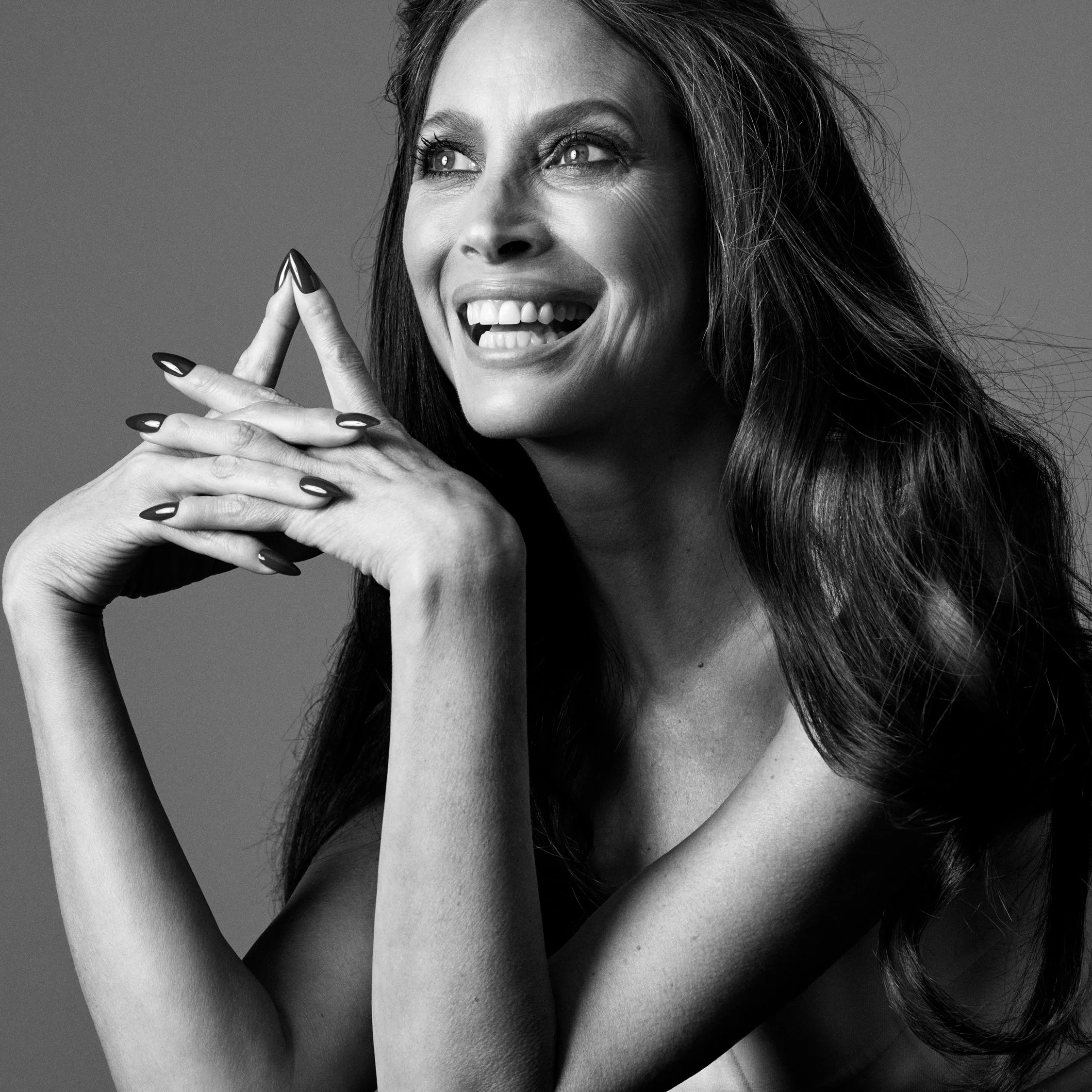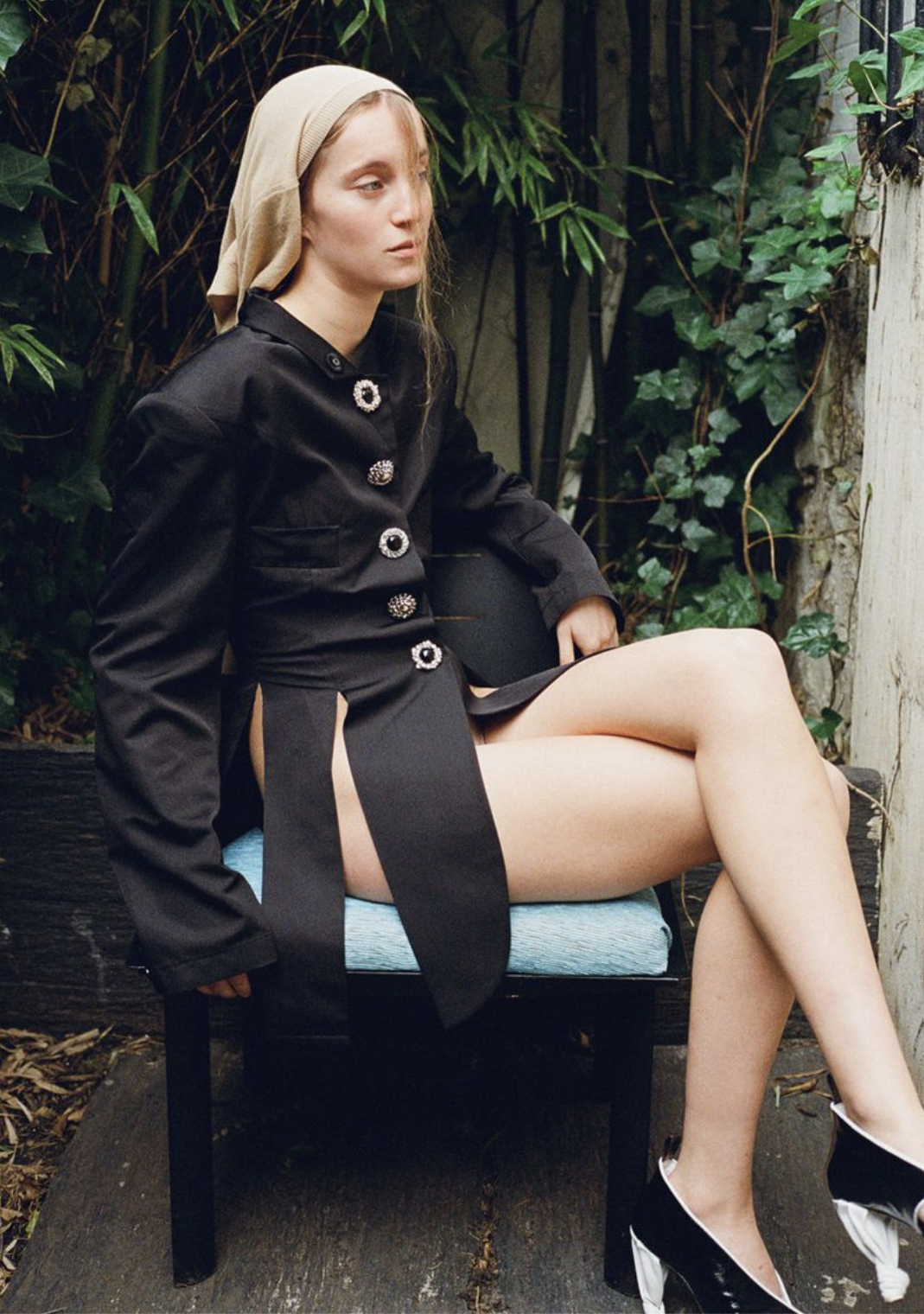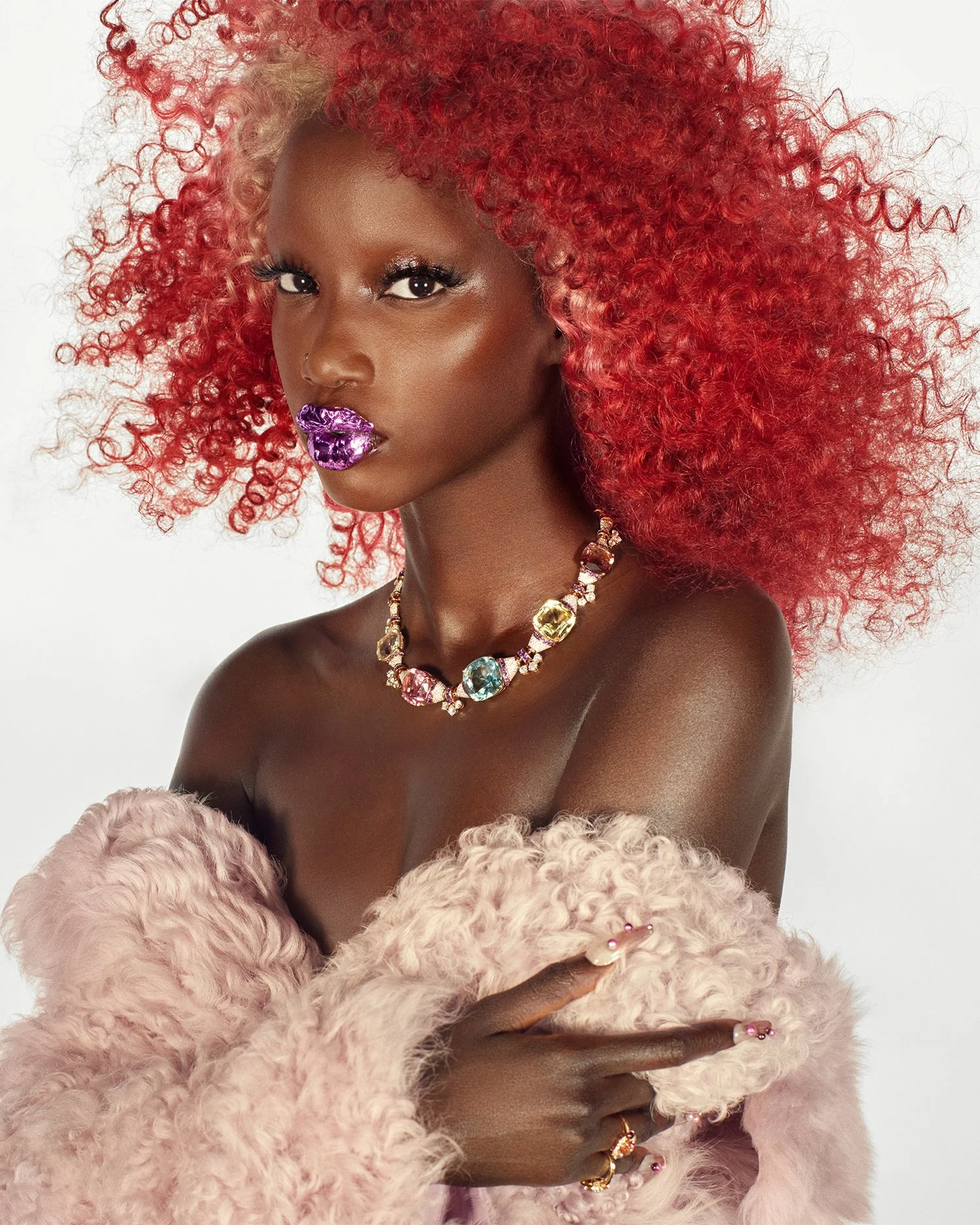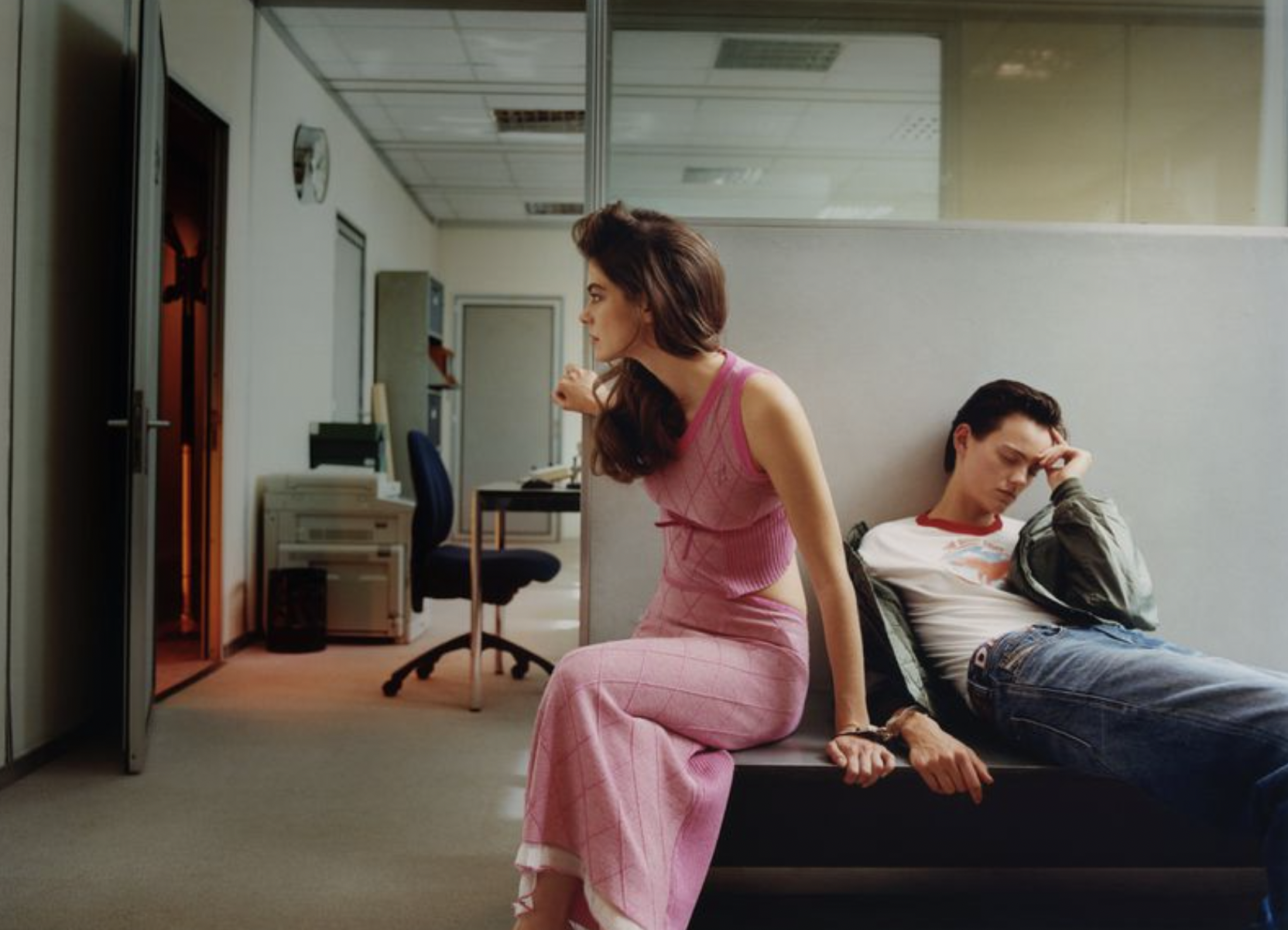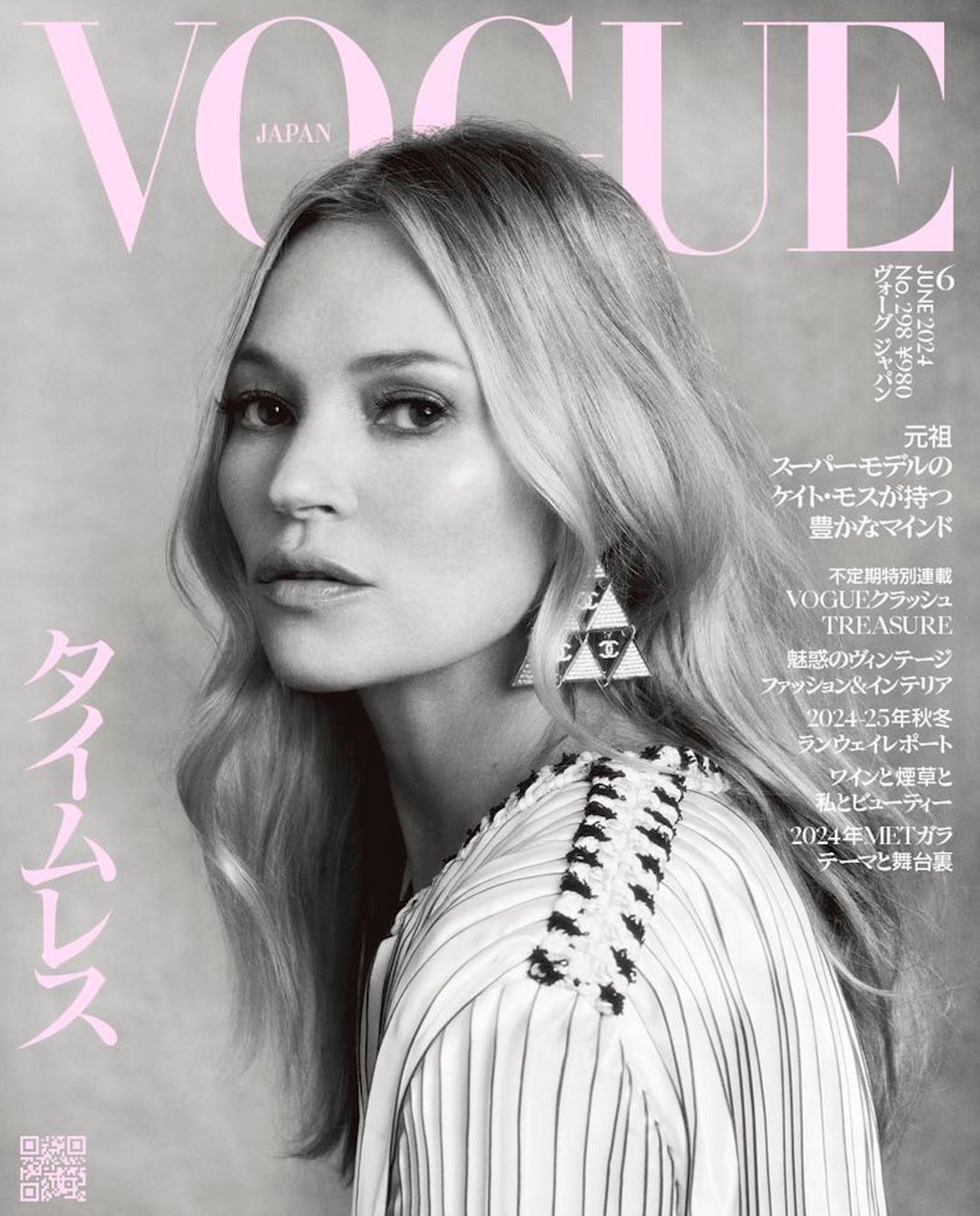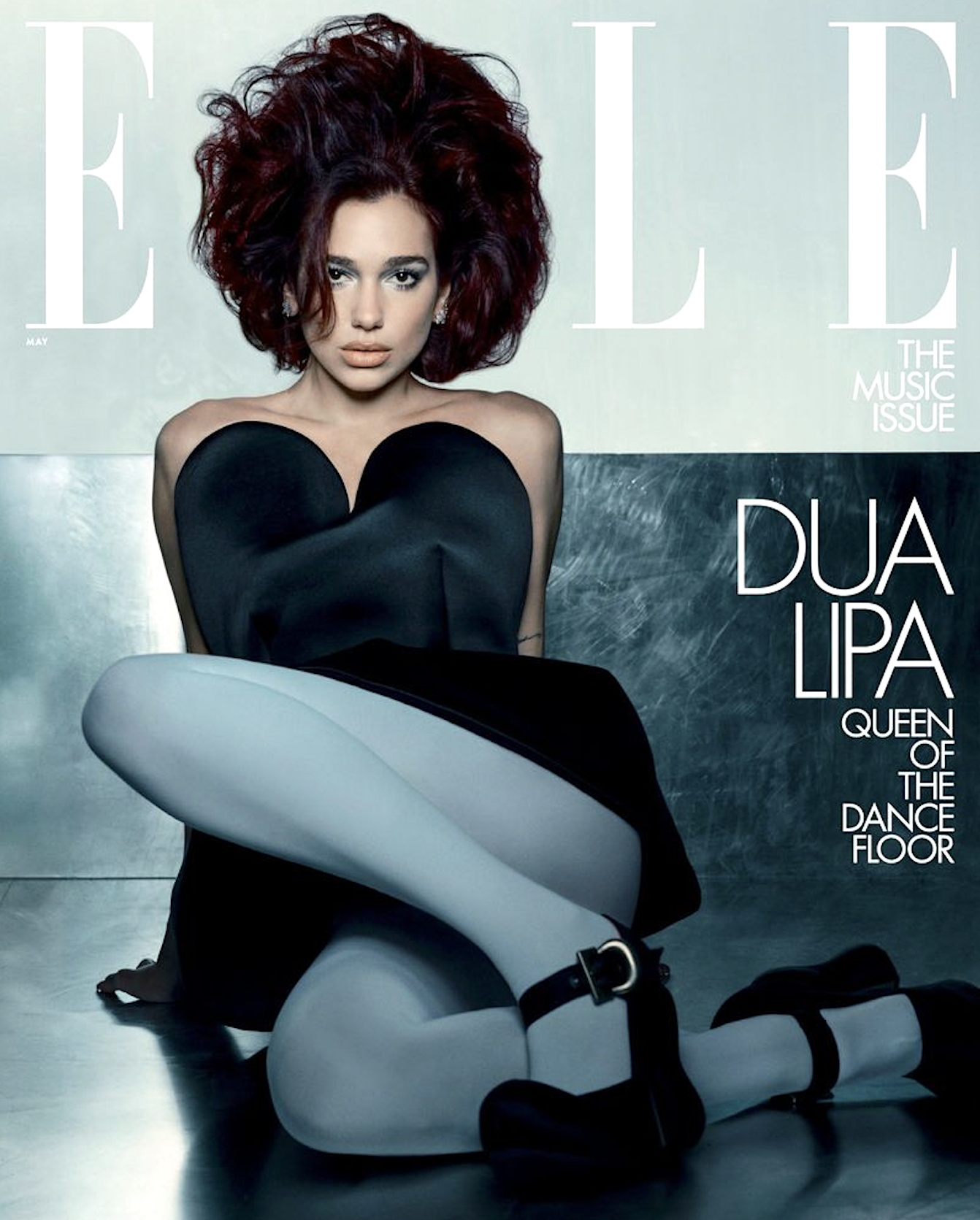Lea Seydoux Talks Sexual Politics in Vuitton by Alexi Lubomirski for Harper's Bazaar UK April 2020
/French actor Léa Hélène Seydoux-Fornier de Clausonne, known professionally as Léa Seydoux covers the May 2020 issue of Harper’s Bazaar UK. Leith Clark styles Seydoux in bold prints and blooms from Louis Vuitton for images by Alexi Lubomirski. / Hair by Teddy Charles; makeup by Mary Wiles
Sophie Elmhirst interviews Seydoux in Her words are her Bond: Léa Seydoux. The star sits down with Elmhirst in an interview scheduled around the release of the Bond film ‘No Time to Die’, its debut now pushed back to November 2020 due to COVID-19.
In the 2015 Bond film ‘Spectre’, directed by Sam Mendes, Seydoux’s character — psychiatrist Madeleine Swann — closed the film walking with Daniel Craig’s 007 ”across Westminster Bridge against a sky turned blue by the flashing lights of assembled police cars.”
Returning to ‘No Time to Die’, Seydoux’s Swann character is the second female in the franchise to see another day in a future Bond story. Previously, Eunice Gayson’s Sylvia Trench character appeared in ‘Dr No’ and ‘From Russia With Love’.
Seydoux speaks with a common French woman’s perspective about sexual politics in the Bond franchise. British actor Lashana Lunch appears as the first female 00 agent of equal status to Bond in any of the films in the franchise. Queried about the change, Seydoux replies:
“We are not here to please Bond’s sexuality.”
. . . before adding:
"What we forget is that James Bond is also a sexual object. He’s totally a sexual object. He’s one of the few, maybe one of the only, male characters to be sexualised. I think that women, they love to see Bond, no? To see his body. No? Don’t you think?" (Pause) “I love to see sexy men in bathing suits.”
Seydoux is no wallflower in addresses issues connected with the #MeToo movement from Harvey Weinstein to other unnamed directors. Her earlier words about filming ‘Blue is the Warmest Colour’ directed by Abdellatif Kechiche, serve as a reminder of other ways in which male power in Hollywood has served to dominate women.
The film contained a long sex scene with her fellos actress Adele Exarchopoulos, which to their growing discomfort they were made to shoot repeatedly over several days. Seydoux has said in previous interviews the process made her feel “like a prostitute.”
Seydoux says she feels a shift on film sets. “I think men are scared,” she observes . .. that men haven’t been honest or articulate about the situation. This is a common refrain from French women who stress the need to forgive men. We read a similar refrain from Christy Turlington Burns in her recent C Magazine interview.
Seydoux echoes the concerns of women who have always had a strong sense of their own self and don’t feel as victimized by sexual politics. There is today a quick need to self-correct and Seydoux does it. “I think it’s great that women are speaking out. It’s true that in so many countries, women’s condition is terrible, terrible. And I can understand also that for past generations it was a real struggle. . . . But I would like this” — and she means not just #MeToo but the entire sexual politics dialogue — “to be less openly violent. And we should be able to forgive.”
